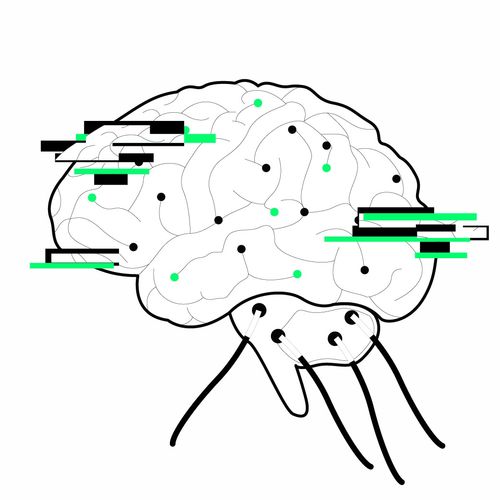
Understanding the Role of an Advocate for AI Legislation

Are you considering a career as an advocate for AI legislation? If so, you’ve chosen a field that is both challenging and incredibly rewarding. As technology continues to evolve, the need for well-crafted AI laws becomes more apparent. In this article, we will delve into the various aspects of being an advocate for AI legislation, providing you with a comprehensive understanding of the role and its implications.
The Importance of AI Legislation

Artificial Intelligence (AI) has become an integral part of our daily lives, from the smartphones we use to the cars we drive. However, with great power comes great responsibility. AI legislation is crucial to ensure that AI systems are developed and used ethically, responsibly, and in a manner that benefits society as a whole. As an advocate for AI legislation, your role is to promote policies that address the following key areas:
-
Privacy: Ensuring that AI systems respect user privacy and protect sensitive data.
-
Transparency: Promoting the transparency of AI algorithms and decision-making processes.
-
Accountability: Establishing clear guidelines for holding AI developers and users accountable for the consequences of their actions.
-
Accessibility: Ensuring that AI technologies are accessible to all segments of society, including marginalized groups.
The Responsibilities of an Advocate for AI Legislation

As an advocate for AI legislation, your responsibilities will encompass a wide range of tasks. Here are some of the key responsibilities you can expect:
-
Research and Analysis: Stay informed about the latest developments in AI technology and its implications for society. This includes understanding the ethical, legal, and social challenges posed by AI.
-
Policy Development: Work with policymakers to develop and promote AI legislation that addresses the key areas mentioned earlier.
-
Public Advocacy: Engage with the public, stakeholders, and other interested parties to raise awareness about the importance of AI legislation and to build support for proposed policies.
-
Collaboration: Collaborate with other advocates, experts, and organizations to advance the cause of AI legislation.
The Skills and Qualifications Needed
Being an effective advocate for AI legislation requires a unique set of skills and qualifications. Here are some of the essential skills and qualifications you should possess:
-
Legal Knowledge: A strong understanding of the legal framework surrounding AI, including data protection, privacy, and intellectual property laws.
-
Technical Knowledge: Familiarity with AI technologies and their applications, as well as an understanding of the technical challenges and limitations of AI.
-
Communication Skills: Excellent written and verbal communication skills, as you will need to effectively convey complex information to a wide range of audiences.
-
Networking: The ability to build and maintain relationships with policymakers, industry leaders, and other stakeholders.
The Challenges of Advocating for AI Legislation
Advocating for AI legislation is not without its challenges. Some of the key challenges you may face include:
-
Complexity: The legal and technical aspects of AI can be complex, making it challenging to navigate the intricacies of AI legislation.
-
Political Landscape: The political landscape can be unpredictable, and it may be difficult to gain the support of policymakers.
-
Public Perception: Shaping public perception of AI and its implications can be a daunting task, as there is often a lack of understanding about the potential benefits and risks of AI.
The Rewards of Advocating for AI Legislation
Despite the challenges, there are numerous rewards to advocating for AI legislation. Some of the key rewards include:
-
Impact: Your work can have a significant impact on shaping the future of AI and ensuring that it is developed and used ethically and responsibly.
-
Professional Satisfaction: Working on a cause that is both challenging and rewarding can provide a great sense of fulfillment.
-
Networking Opportunities: Building relationships with policymakers, industry leaders, and other stakeholders can open doors to new opportunities and collaborations.
Conclusion
Becoming an advocate for AI legislation is




